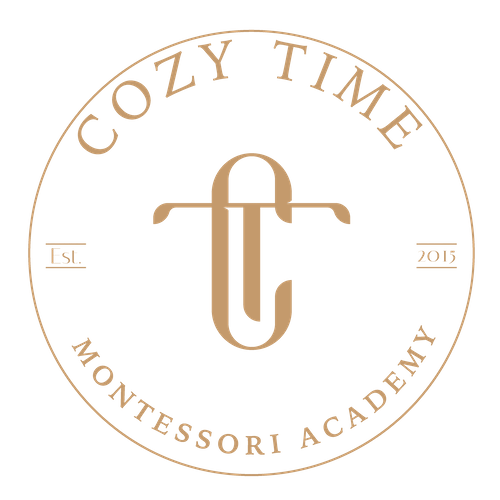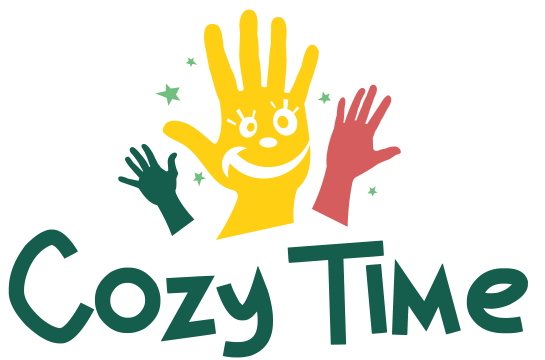Unraveling the Essence of the Montessori Approach
Oh, how well I remember the day I first walked into a Montessori daycare. The gentle hum of activity, the children deeply engrossed in their tasks, the calm demeanor of the teachers – it was a stark contrast to the traditional daycare setting I was used to. That day marked the beginning of my journey into the world of Montessori, a journey that has since shaped my career in early childhood education.
The Montessori approach is a unique educational philosophy that respects the individuality of each child. It’s not about a one-size-fits-all curriculum, but about fostering a love for learning and nurturing each child’s natural curiosity. The environment is carefully prepared to cater to the children’s needs, allowing them to explore at their own pace and follow their interests.
Unlike traditional daycare programs where children are often passive recipients of information, in a Montessori setting, they are active participants in their own learning process. They choose their activities and work with them until they are satisfied, developing concentration, self-discipline, and a sense of responsibility.
But what truly sets Montessori apart is its emphasis on individualized learning. Each child is unique, with their own strengths, weaknesses, interests, and pace of learning. Recognizing this, the Montessori approach tailors the learning experience to each child, allowing them to learn at their own pace and in their own way. This personalized approach fosters a love for learning and helps children develop to their full potential.
Finding Rhythm and Grace: Music and Dance in the Montessori Environment
Now, picture this: a group of toddlers, their faces lit up with joy, gathered around a teacher playing the guitar. Or a preschooler swaying to the rhythm of the music, immersed in a world of her own. This is not an uncommon sight in a Montessori daycare for music and dance, such as Cozytime Child Care in Toronto.
Music plays a significant role in a Montessori environment. It’s not just about learning songs or playing instruments – although those are certainly part of it. It’s about developing a deeper appreciation for music, understanding its elements, and exploring its role in cultures around the world. It’s about honing listening skills, developing concentration, and fostering creativity.
And then there’s dance. Dance in a Montessori setting is not merely a physical activity. It’s a form of self-expression, a way to communicate emotions, and a means of exploring different cultures and traditions. It helps children develop body awareness, coordination, and balance. It also fosters creativity, self-confidence, and a sense of rhythm and timing.
Let me share a personal anecdote. When I was working in a Montessori daycare, we had a child who was exceptionally shy and reserved. But when we introduced music and dance into the curriculum, we saw a remarkable change. He started expressing himself through dance, his confidence grew, and he started interacting more with his peers. It was a clear demonstration of the transformative power of music and dance in early childhood education.
But don’t just take my word for it. Studies have shown the myriad benefits of integrating music and dance into early childhood education. And these benefits go beyond the obvious development of musical and motor skills. They include cognitive, emotional, and social development, improved language skills, and even better academic performance in later years.
Unleashing Your Child’s Potential at Cozytime Child Care
At Cozytime Child Care, a licensed Montessori Center in Toronto, we believe in the potential of every child. Our curriculum is designed to nurture this potential, with a strong focus on music and dance. Our teachers are passionate about early childhood education and are committed to providing a nurturing, stimulating environment for your child.
Whether your child is a budding musician, a graceful dancer, or just curious about the world around them, Cozytime Child Care is the ideal place for them to grow, learn, and thrive.
Ready to explore what Cozytime Child Care has to offer? Contact us at (416) 602 3811 to schedule a tour or to learn more about our programs.
The Symphony of Early Growth: Music and Dance in Early Childhood Development
I remember the first time I saw my daughter, barely three, swaying to the rhythm of a Mozart symphony. Her tiny hands were waving in the air, her feet tapping to the beat. At that moment, it dawned on me how naturally children respond to music and dance. This got me wondering about the benefits of music and dance in early childhood development, and my research led me to some fascinating discoveries.
Cognitive Benefits
Music and dance are not just enjoyable activities, they are powerful tools for cognitive development. When children engage in rhythmic activities, they develop skills like pattern recognition and sequencing, which are crucial for mathematical abilities. Moreover, songs filled with rhymes and repetitive phrases boost language development and enhance memory. As an example, at Cozytime, a well-regarded daycare in Toronto, children are introduced to a diverse range of music and dance activities designed to stimulate cognitive growth.
Social-Emotional Benefits
Remember those childhood days when you would dance without a care in the world? Music and dance foster self-expression and emotional release. They help children understand their feelings and develop empathy by responding to the emotions conveyed through music. For instance, in a Montessori environment, group music and dance activities promote cooperation, turn-taking, and respect for others.
Physical Benefits
Dance is a fun way to keep children active and healthy. It improves coordination, balance, and motor skills. It also lays the foundation for a lifelong appreciation for physical fitness. At the Cozytime daycare, children enjoy a variety of dance styles, from ballet to hip-hop, promoting physical agility and endurance.
A Harmonious Fit with the Montessori Approach
The Montessori philosophy values the holistic development of a child. Music and dance fit perfectly into this approach, providing cognitive, emotional, and physical benefits. At Cozytime, music and dance are integral parts of the curriculum, allowing children to explore their potentials freely. Through various montessori music activity ideas, children can enhance their creativity and build important social skills while working collaboratively with their peers. These activities not only foster a love for music and movement but also encourage self-expression, helping children to communicate their feelings and thoughts in a joyful way. As they engage with rhythm and melody, they also develop essential coordination and motor skills, enriching their overall learning experience.
In summary, if you’re in Toronto and looking for a daycare that values the benefits of music and dance in early childhood, reach out to Cozytime at (416) 602 3811.
Striking the Right Note: Finding a Montessori Daycare with a Strong Music and Dance Program
When my daughter was ready for daycare, I found myself on a quest to find a place that not only followed the Montessori approach but had a strong music and dance program. Here’s what I learned on my journey.
Key Characteristics to Look Out For
A quality Montessori daycare should have a well-rounded curriculum that includes music and dance. Look for a variety of musical instruments available for children to explore, and a dedicated space for dance and movement. The presence of trained music and dance instructors is also a good sign.
Questions to Ask
Don’t hesitate to ask questions about the music and dance program. How often do children have music and dance activities? What styles of music and dance are they exposed to? Are there any opportunities for performances or recitals? These are key questions that can give you insights into the quality of the program.
Next Steps to Take
Once you have identified a daycare that seems promising, schedule a visit. Observe a music or dance session if possible. Talk to the instructors and ask for feedback from other parents. Remember, you are looking for a place where your child can grow, learn, and thrive.
My search led me to Cozytime, an outstanding Montessori daycare in Toronto with a robust music and dance program. Call them at (416) 602 3811 to discover how they can create a harmonious childhood growth for your little one.

